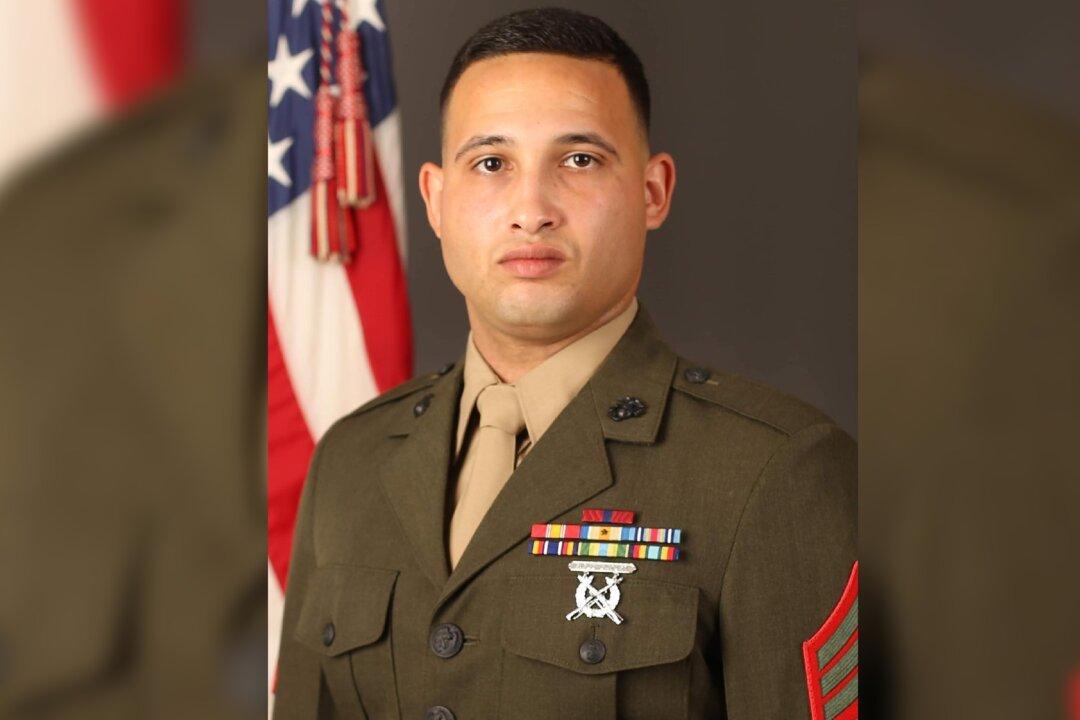In part one of this series, to make his wrongs right, Sergeant Javier E. Ortiz reported the use of cannabis to his healthcare providers. Because a “cocktail” of prescription medications was not working, and worsening his quality of life and health, Ortiz made the regrettable decision to self-medicate with cannabis to fight the demons inside caused by the trauma of war.
As a result, Ortiz was “blind-sided” by administrative separation proceedings in February 2021. This occurred without a positive urinalysis, and only with a self-report. He does not believe his separation from the Marine Corps was “a just punishment.” He would have preferred to be disciplined by non-judicial punishment for what he considered a minor offense.




